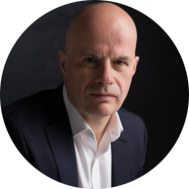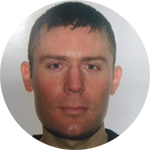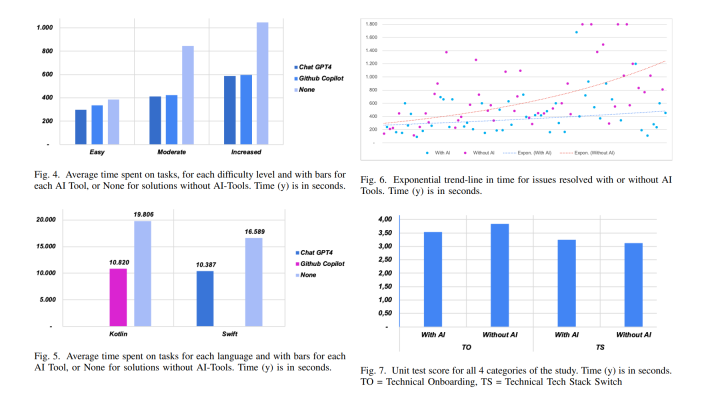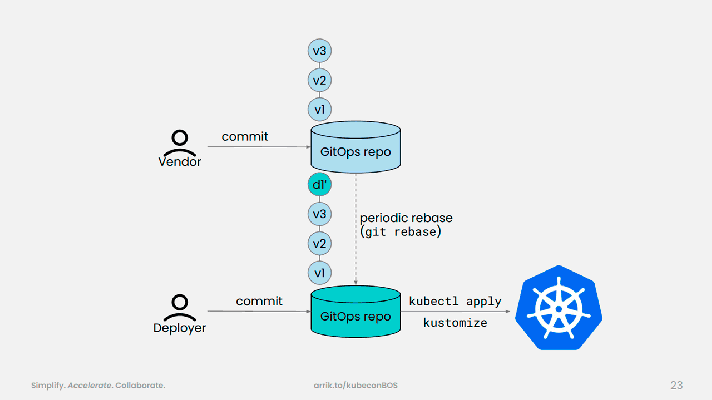Learning Financial Data and Recognizing Images with TensorFlow and Neural Networks
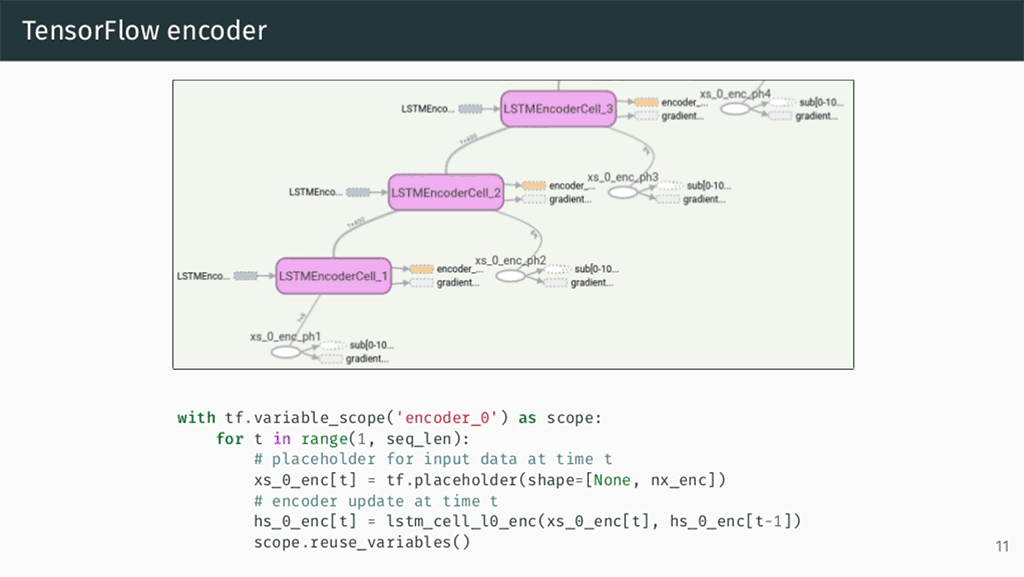
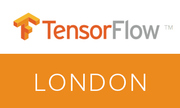
At the recent TensorFlow meetup in London, the speakers overviewed the recent advances in machine learning domain, as well as discussed what transfer learning is and how to employ it for image recognition with TensorFlow.
Using recurrent autoencoders to learn financial data
In his session, Steven Hutt of CME Group provided an introduction to learning sequences using recurrent neural networks (RNN) and TensorFlow. He described how to make use of the latest advances in RNNs to learn patterns in market data:
- Unitary RNNs
- RNNs as programs to address external memory
- Deep RNNs
- Autoencoders and recurrent autoencoders
- Easy RNNs with TensorFlow VariableScope
- TensorFlow encoder
- TensorFlow deep recurrent autoencoder
Below, you can check out the full slides by Steven.
Image recognition using TensorFlow and containers
Yaz Santissi provided a live demo, highlighting the following aspects:
- Setting up TensorFlow within Ubuntu containers
- What is transfer learning and how to get an existing model with it?
- Training old models with new images
- Testing new models with new images
Below, you can check out the full slides by Yaz.
Want more detail? Watch the video!
Further reading
- TensorFlow for Foreign Exchange Market: Analyzing Time-Series Data
- TensorFlow in Finance: Discussing Predictive Analytics and Budget Planning
- Performance of Distributed TensorFlow: A Multi-Node and Multi-GPU Configuration
About the experts



